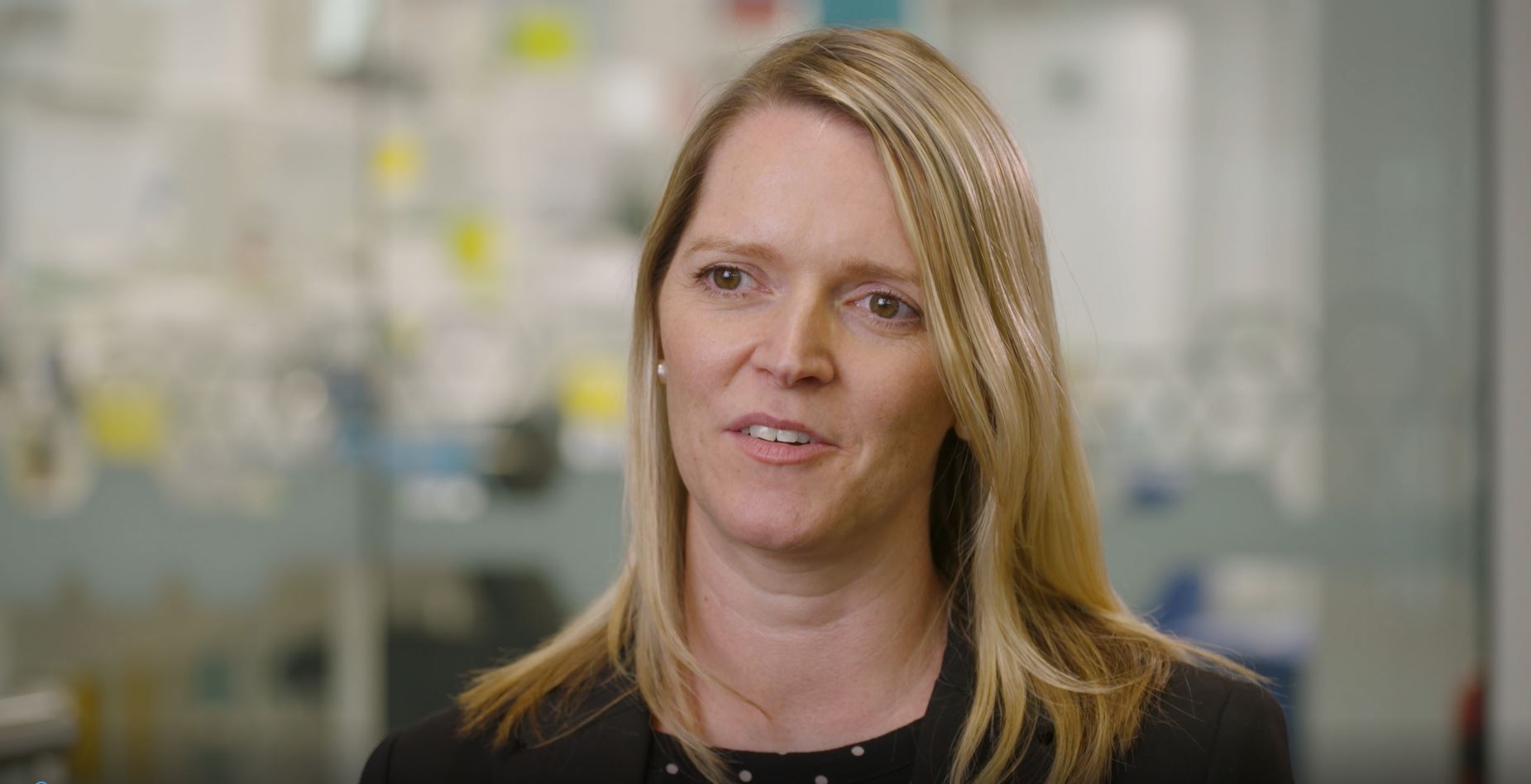Search
Showing results for "clinical trials"
Research
Skin Health in Northern AustraliaAchieving healthy skin requires the prevention of infectious diseases that affect the skin. Prevention activities range from environmental health improvements to address inequities in living situations, through to community-wide treatment programs to reduce transmission and improve skin health.
Research
Prenatal testosterone exposure is related to sexually dimorphic facial morphology in adulthoodPrenatal testosterone may have a powerful masculinizing effect on postnatal physical characteristics.
Research
Perinatal testosterone exposure and cerebral lateralisation in adult males: Evidence for the callosal hypothesisTwo competing theories address the influence of foetal testosterone on cerebral laterality: one proposing exposure to high foetal testosterone concentrations...
Research
Measurement of androgen and estrogen concentrations in cord blood: Accuracy, biological interpretation, and applications to understanding human behavioral developmentThis review examines the accuracy and biological interpretation of the measurement of androgens and estrogens in cord blood. The use of cord blood hormones...

News & Events
Seed grant preps world-first ear infection prevention therapy for human trialsThe Kids Research Institute Australia has secured a State Government grant to prepare a nasal therapy designed to prevent childhood ear infections for a world-first clinical trial.
Research
Do Children with Specific Language Impairment have a Cognitive Profile Reminiscent of Autism? A Review of the LiteratureThis paper reviews relevant literature on whether individuals with SLI exhibit cognitive characteristics reminiscent of autism.
Research
A Survey of Autistic Adults from New Zealand on the Autism Diagnostic Process During Adolescence and AdulthoodThe diagnostic experiences of autistic adults in New Zealand have not been investigated and little is known globally about autistic adults' satisfaction with the autism diagnostic process. This study describes the diagnostic experiences of 70 autistic adults living in New Zealand and explores how these experiences are related to satisfaction during three stages of the diagnostic process. The results show that autistic adults were reasonably satisfied with the early query and diagnostic assessment stages, but were dissatisfied with the post-diagnostic support stage, with significant unmet needs. Dissatisfaction during the post-diagnostic support stage was also related to satisfaction during previous stages and poor coordination of supports. Suggestions are made on how to improve the autism diagnostic pathway for autistic adults in New Zealand.
Research
The Comprehensive Autistic Trait Inventory (CATI): development and validation of a new measure of autistic traits in the general populationTraits and characteristics qualitatively similar to those seen in diagnosed autism spectrum disorder can be found to varying degrees in the general population. To measure these traits and facilitate their use in autism research, several questionnaires have been developed that provide broad measures of autistic traits [e.g. Autism-Spectrum Quotient (AQ), Broad Autism Phenotype Questionnaire (BAPQ)]. However, since their development, our understanding of autism has grown considerably, and it is arguable that existing measures do not provide an ideal representation of the trait dimensions currently associated with autism. Our aim was to create a new measure of autistic traits that reflects our current understanding of autism, the Comprehensive Autism Trait Inventory (CATI).
Research
Agreement between units of measure for paediatric antibiotic utilisation surveillance using hospital pharmacy supply dataAgreement between the DDD and vial-based measures of use supports the use of DDD for select antibiotics that may be targeted by antimicrobial stewardship programs
Research
Hesitant compliers': Qualitative analysis of concerned fully-vaccinating parentsParents interpreted pivotal vaccine-related events in the community as requiring them to take personal responsibility for vaccine decisions
